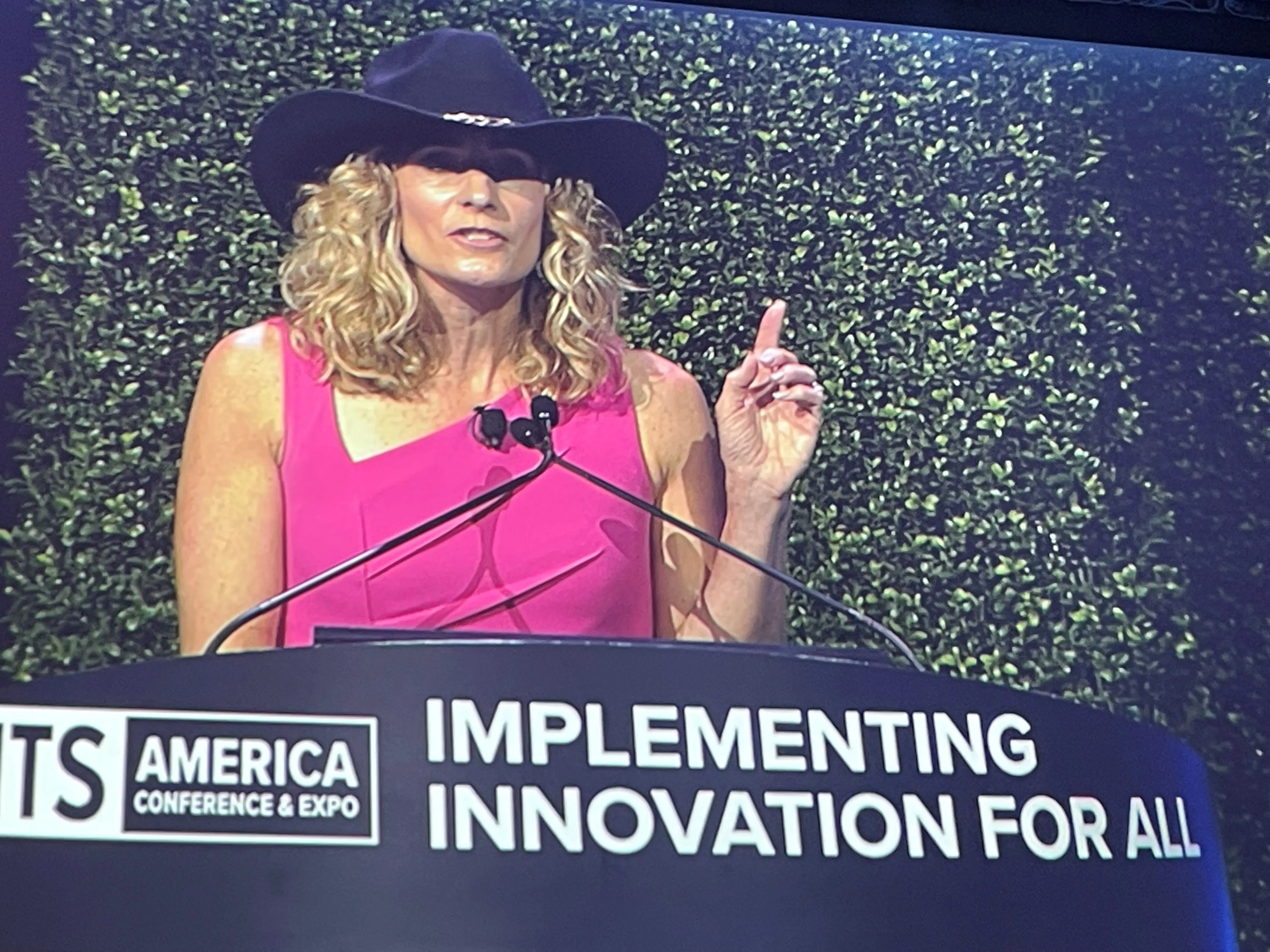The City of Cambridge, Massachusetts is partnering with Volpe, the National Transportation Systems Center, to install truck side guards on city-owned trucks in order to enhance safety for pedestrians and bicyclists travelling in Cambridge. The city intends to install these side guards on heavy-duty vehicles in an effort to lead by example in Massachusetts and to encourage private entities to do the same.
Side guards, which devices intended to sweep aside a pedestrian or cyclist in a side-impact crash, rather than being swept underneath the vehicle, are installed on large trucks. These are said to protect cyclists and pedestrians from falling underneath the vehicle, helped reduce bicyclist fatalities by 61 per cent and pedestrian fatalities by 20 per cent in side-impact crashes with trucks in the United Kingdom after side guards became required, starting in 1986.
“Cambridge has decided to quickly and definitively make changes to its fleet to establish a new standard for safety in our community and the private sector,” said City manager Richard C. Rossi. “I’m immensely proud of how the city and federal government have come together to work to protect our residents.”
Volpe and the city are jointly working on a vehicle redesign strategy that will establish recommendations for implementing truck side guards, blind spot mirrors, and other vehicle-based technologies on the city-owned truck fleet.
“I see Volpe’s first partnership with the City of Cambridge as an exciting opportunity to bring together the complementary strengths of our two government agencies,” said Dr. Alex Epstein, the Volpe team lead. “Even more importantly, this partnership is likely to save lives if the side guards and other truck-based safety initiatives succeed as expected, advancing transportation innovation for the public good.”
City of Cambridge partners with Volpe on truck side guards
The City of Cambridge, Massachusetts is partnering with Volpe, the National Transportation Systems Center, to install truck side guards on city-owned trucks in order to enhance safety for pedestrians and bicyclists travelling in Cambridge. The city intends to install these side guards on heavy-duty vehicles in an effort to lead by example in Massachusetts and to encourage private entities to do the same.
May 28, 2015
Read time: 2 mins









